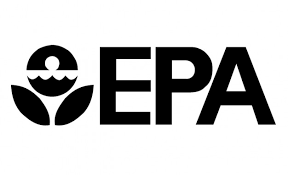The Safe Drinking Water Act (SDWA) is the main federal law that ensures the quality of Americans’ drinking water. Under SDWA, EPA sets standards for drinking water quality and oversees the states, localities, and water suppliers who implement those standards.
SDWA was originally passed by Congress in 1974 to protect public health by regulating the nation’s public drinking water supply. The law was amended in 1986 and 1996 and requires many actions to protect drinking water and its sources: rivers, lakes, reservoirs, springs, and ground water wells. Learn more here.
Source: EPA.gov

